Personality of the Year; The Insect Hunter, Dr. John Kinyuru
A story is told, an old-age analogy of a young boy, nonchalantly walking on the beach one day. He picks the small star fish swept ashore by the overnight tides and throws them back into the ocean, one after another. An old man comes by and queries his seemingly futile venture, ‘Do you really think you’re making a difference? There are so many star fish stuck in the beach, you can’t possibly throw all of them back into the water.’ The boy keeps on, picks yet another fish and throws it back into the water. ‘Yes! I bet I made a difference for that one,’ he quips, with a broad smile plastered on his young optimistic face. He picks yet another fish, then another…
In the big complex matrix of the Universe, in this God’s good green Earth, Dr. John Kinyuru sees himself as this boy…A young boy, with a meagre share of significance in the bigger picture that is the big world around him, trying to make a contribution, an impact; however small, however seemingly insignificant. The resilient boy does it one star-fish at a time, our good Dr. Kinyuru does it one cricket at a time, one insect at a time.
Except he doesn’t throw them back into the water or wherever insects reside. He doesn’t ‘save’ them, unless saving them for dinner still counts as saving. Instead, he hunts them down to wherever they’re hiding, all sorts of insects, finds them, finds out which one is edible, conducts a research just to be sure, then proceeds to eat them. Yes, he is a notorious entomophagous, and if you’re wondering what that means, then you’re safe. Or missing a lot, according to Kinyuru. It means you’ve not started eating insects, YET. Turns out there’s a name for the eating of insects; entomophagy. In the next paragraph you’re about to read, Dr. Kinyuru passionately states what he considers his purpose, and justifies his insect expeditions in some very nice philosophical words.
I just want to make a difference in my small way. It maybe to one family, two families, by giving them an extra source of proteins. That gives me fulfillment. That gives me joy. When I go to Kakuma refugee camp, and I see refugees farming their own crickets for food as a result of our efforts, it gives me a lot of joy. It’s not about achieving the whole world, but making a difference, however small, in our areas of operation. The world has a lot of problems; you can’t solve all of them.
Let me start from the beginning. Dr. John Kinyuru is a Food and Nutrition Research Scientist, and a Lecturer in the Department of Food Science and Technology, at the University’s Faculty of Agriculture. He holds a Bachelors Degree in Food Science and Post-Harvest Technology, a Masters in Food Science and Technology, and a PhD in Food Science and Nutrition, all from JKUAT.
I’m just in time for tea when I get into his office for this interview. Interviewees who offer you tea, or any drink for that matter, are God-sent. It means they were raised well, the proper African way, and know that a guest should not depart without being offered something. Well, until he starts like, ‘So, black or green tea? Sugar or honey?’. Such questions never end well, especially when you’re talking to a Food and Nutrition Scientist. I stubbornly choose black, with two spoons of sugar, and the good scientist can’t help himself but deliver a mini-lecture on why green tea is the better option, how it has successfully helped him #resist balding and some other nutritionist jargon meant to confuse me into submission. I maintain I’m good, and my hairline is just fine, for now.
It’s a few minutes past ten in the morning and our individual cups of tea are cascading downwards, mine black, his, the green anti-balding concoction laced with honey. And speaking of honey, I notice a brightly colored bee model sitting on the table. Knowing what he does for a living, I can’t help but ask if he plans on turning bees into food too. Sadly not. The model is just one of the exploits of his collections, he’s a collector too. When he’s not hunting and researching on insects, he collects anything artistic related to them. Wouldn’t it have been fun though if we could eat bees? Sounds like a nice pay back for their painful bites, but then we wouldn’t have honey.
When you one day find your way to Dr. Kinyuru’s office, to your left on the bookshelf you’ll see a photo hanging there. There’s just no way you can miss it. He’s in a slightly oversized t-shirt. He looks young, optimistic, awed, and full of life…Like he just got to the top of Maslow’s hierarchy of needs. That’s what Iguazu falls does to you. On the border of the Argentine province of Misiones and the Brazilian state of Paraná, is the magnificent Iguazu falls, the widest and largest waterfall systems in the world. When this photo was taken, Dr. Kinyuru had been in Brazil, attending the International Union for Food, Science and Technology Conference in 2012. On top of the shelf is an array of flags of the various countries he has visited in pursuit of insects, an extra food source for a family somewhere.
Dr. Kinyuru’s love affair with crickets started back in the year 2006 while undertaking his Masters studies. “I got research support from Prof. Monica Ayieko of the Jaramogi Oginga Odinga University of Science and Technology (JOOUST) under the Lake Victoria Research Initiative (VicRes). Ten years later, we’re farming crickets and expanding our sphere of influence,” he recounts.
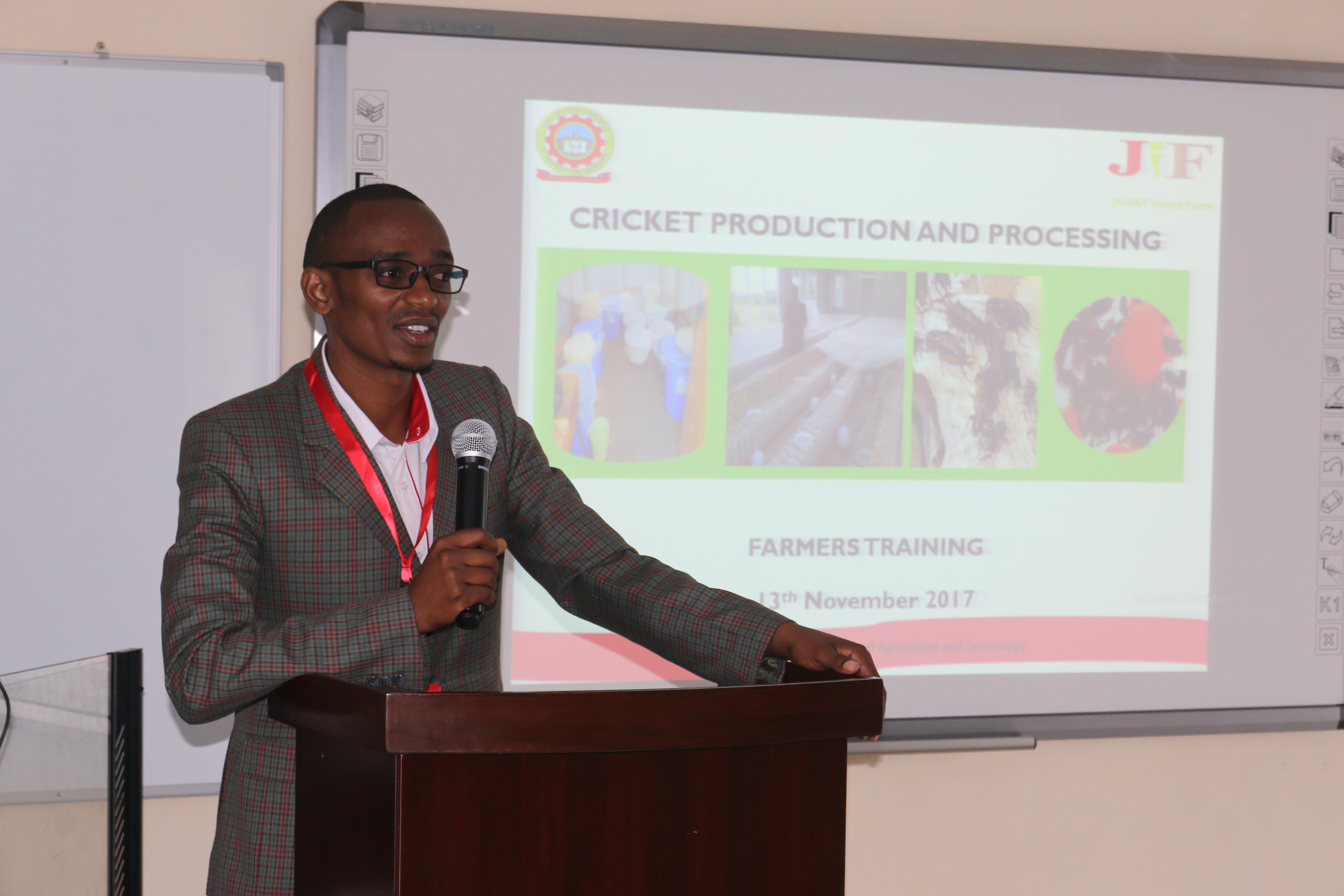
So what has been your proudest accomplishment so far?
That’s definitely in 2014, when we wrote a proposal on the cricket research and were given 100 million Kenya shillings by the Danish International Development Agency (DANIDA). It was my first grant, and that gave birth to other grants and opened many more doors. The latest is the 600 million grant we’ve got from the World Bank to set up a Centre of Excellence for Edible Insects, which we’re doing in collaboration with JOOUST. Generally, my proudest moments are when these research efforts come to fruition, which reminds me there’s a proposal I need to submit. You should leave as soon as possible. *insert his loud prolonged laughter*
Biggest milestone on the cricket research?
Quite a number, among them being the establishment of farmer associations in Kenya. As we talk this second, there’s a training going on for an establishment of a cricket farming cooperative in Laikipia County. We’ve trained over 200 farmers from across the country on cricket farming so far and counting.
Biggest challenge in getting people to embrace cricket as food?
We call it the ‘yuck factor’. People from regions which traditionally do not eat insects find it extremely hard to chew an insect. That includes where I come from. But what we’re selling is not just that crickets are nutritious, but that it’s good food. It’s great food. And the thing is, it’s all in the mind. Any food product can be eaten by anyone if you set the right attitude.
So how did you get into this?
I like new things. I’m adventurous, and I don’t like normal, the usual basic stuff. I want something unique, something challenging. It feels nice to be the trailblazer.
Are you an active cricket consumer?
Oh yes, I take five crickets a day. And my family loves them too! My kids take cricket porridge.
Do they know they’re taking cricket porridge?
They do, they see their daddy talking about crickets on TV every now and then. Currently at the Department we’re actually in the process of releasing a cook book with different cricket recipes.
In all that you undertake, what drives you?
I love doing what I do, and that keeps me going.
What character traits do you admire in people?
I like people who do things right. People who excel. By that I mean doing something to the best of your capability. Don’t settle for A- when you’re capable of A. I hate it when people settle for less.
Have you managed to strike a balance between work and family time?
Research can be very intensive sometimes, but I try my best to let family time be family time. I absolutely never carry work home, no matter what. My weekends are exclusively my me time and family time.
What’s the best book you ever read?
‘You can negotiate anything’, by Herb Cohen, and ‘Don’t Sweat the Small Stuff; It’s all Small Stuff’, by Richard Carlson.
What do you do when you’re not out chasing insects?
If I’m not spending time with my family, I read, or write when I get the time, on my blog, at insecthunter.wordpress.com
What’s the one talent you wish you had?
I wish I could play sports, any sport for that matter.
You don’t play any sport at all?
Nada. I think I have all the wrong feet, hands and everything. Seriously, I can’t play soccer, I tried Rugby and almost got killed, tried athletics, realized I was just getting tired for no reason. Maybe spoon tennis, and eeh…I’ve even struggled to play pool to no avail. I even joined a golf club, still nothing.
What do you have to say to that family, that person who is very skeptical about eating crickets?
A food product is only limited by your imagination. When you realize this is great food, the game will change.
Advice to young researchers just starting out?
There are so many opportunities, just align yourself with guys who are making it in research. Cling to them, hold on to their shirts until you can cut a niche for yourself. You have to be resilient and persistent, it’s no walk in the park.
****
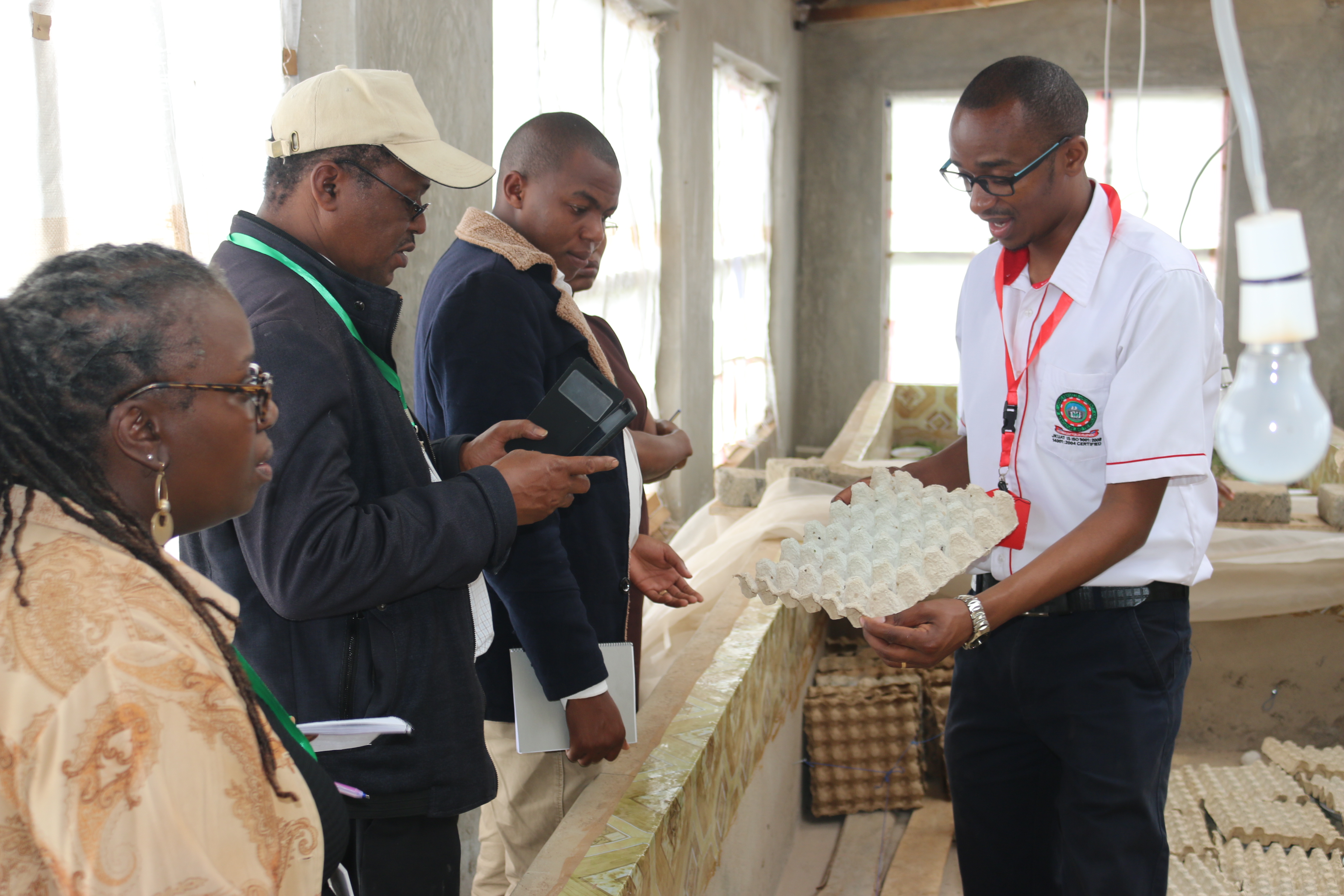
For more info about the milestones of cricket research, cricket farming, and cricket eating, you can check out these great comprehensive stories here, or here, or here, as well as the exploits of the Insect Hunter. Time for me to go now, a plate of marinated crickets garnished with vegetables await me.

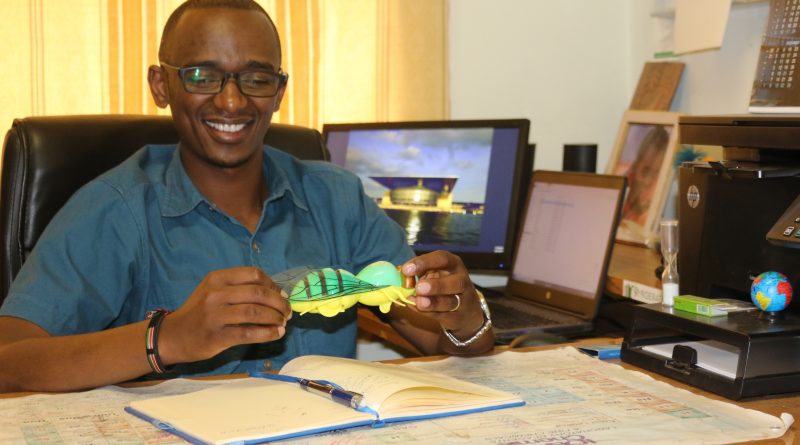
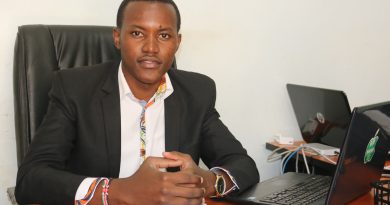
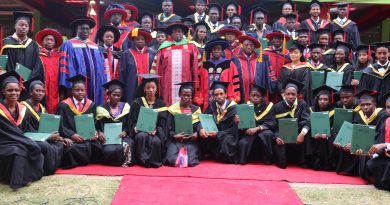

10 years working on this research?..Great commitment,Dedication and finaly Success…..#Wishinglotsoffavourinyourresearch
Dr.kinyuru is so passionate about the insects farming and he is doing great and impact in the society at large. …personally I can say he my good friend and a role….
Heey,this is a person who will make you think in the direction of,what have I been using my brain for all this time.Always challenging me that the far you can go is only limited by Your own imagination too.He is a good guy though as a mediocre student there’s also this other side of him you will fear to the core.To say the least,he has shaped so many lives.
Good work Daktari.
Dr. Kinyuru has been a source of inspiration to me since the my early days in JKUAT..2003 when I joined the Christian Union. Much of it has been through reading his blog and the days when I would catch up on him through the media. He is a role model on how one can believe in something, making it a dream and turn it into a livelihood. I used to believe he would end up working with KEBS since he was too passionate with standards! God has a way of making ways where there are none….like eating of crickets…which am hoping to try out when I meet Dr. Kinyuru…keep keeping up Daktari and may God open great doors that you have not imagined so far.
Cricket porridge, snacks among others are just wow.. Try them & come back asking for more
I like it, really inspiring!I wish to follow his steps to success. I’m a first year here in Jkuat pursuing Agricultural Economics & Rural Dev.
I have rubbed shoulders with Dr Kinyuru and I can only say that this is just the beginning! Dr Kinyuru is going places as he makes more ground breaking research breakthroughs! All the best Dr Kinyuru and may God continue to guide you as you impact the community positively with your research outputs.
Dr.Kinyuru is an inspiration to me, leave alone being a lecturer who made lectures fun and interesting.
Greatness awaits you.
##accomplishment
##issabigchallenge
##food scientists are going places and making a difference in the society